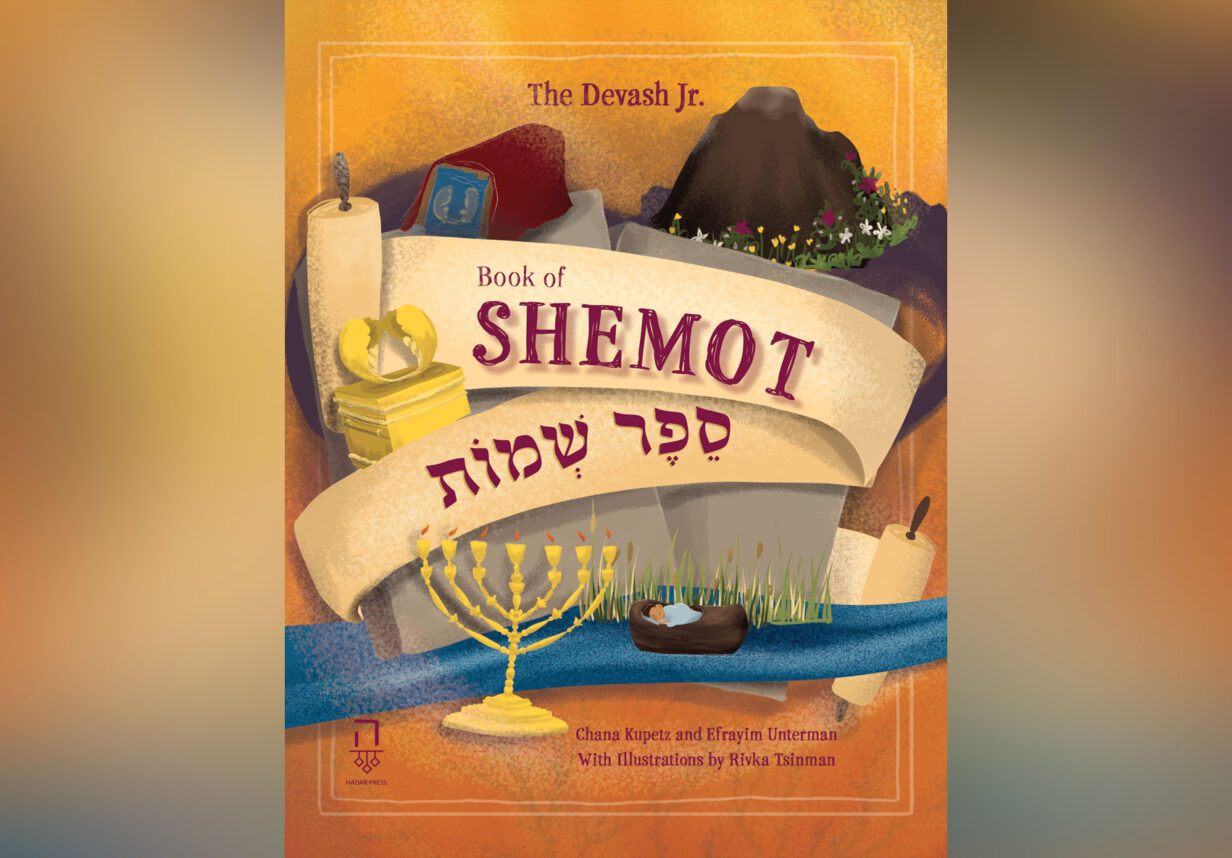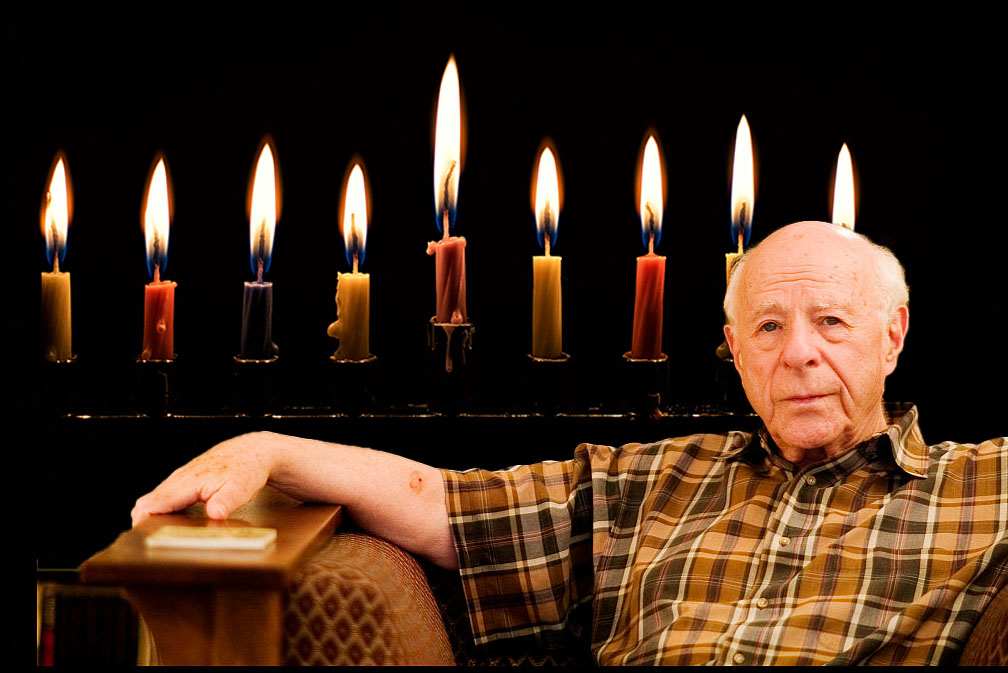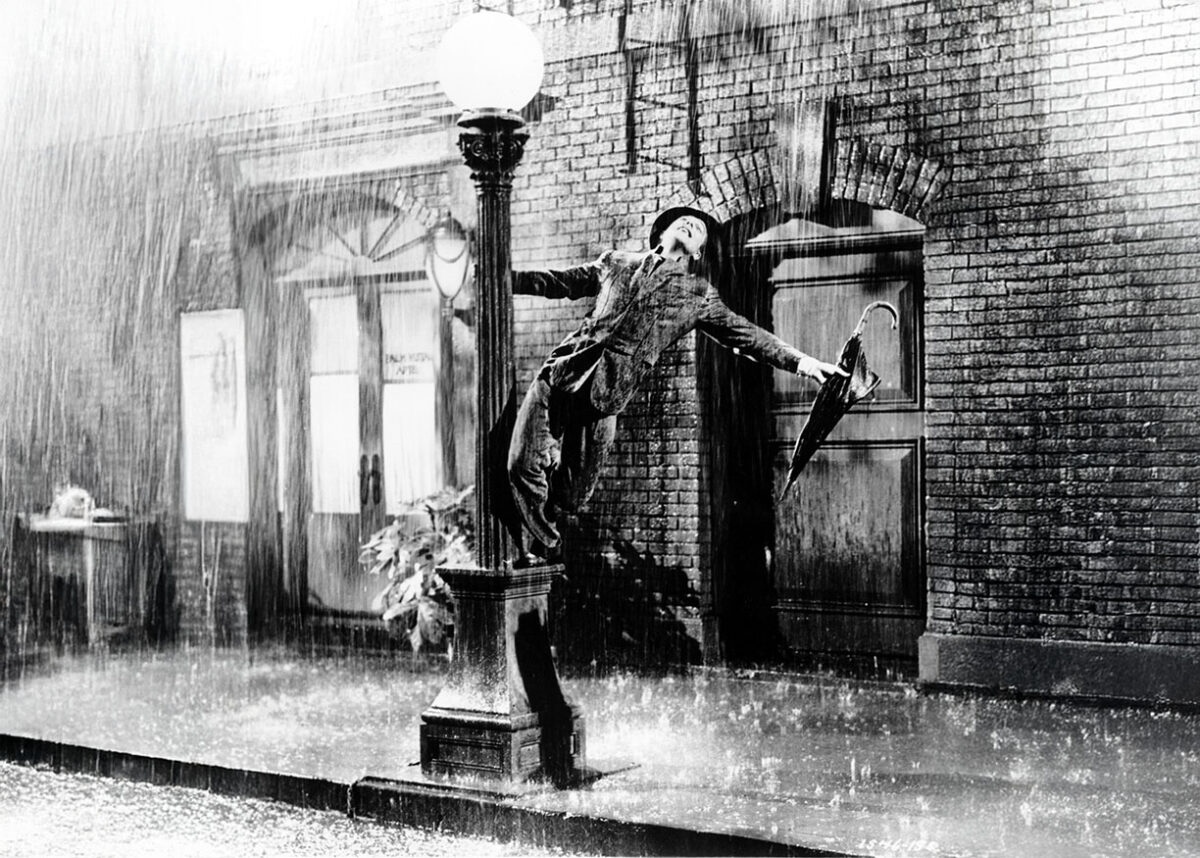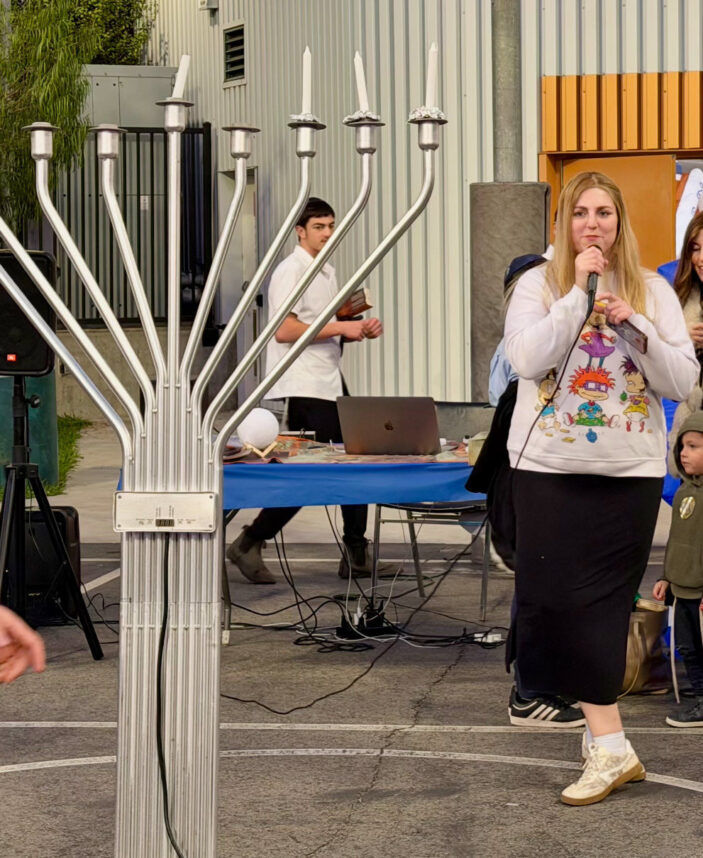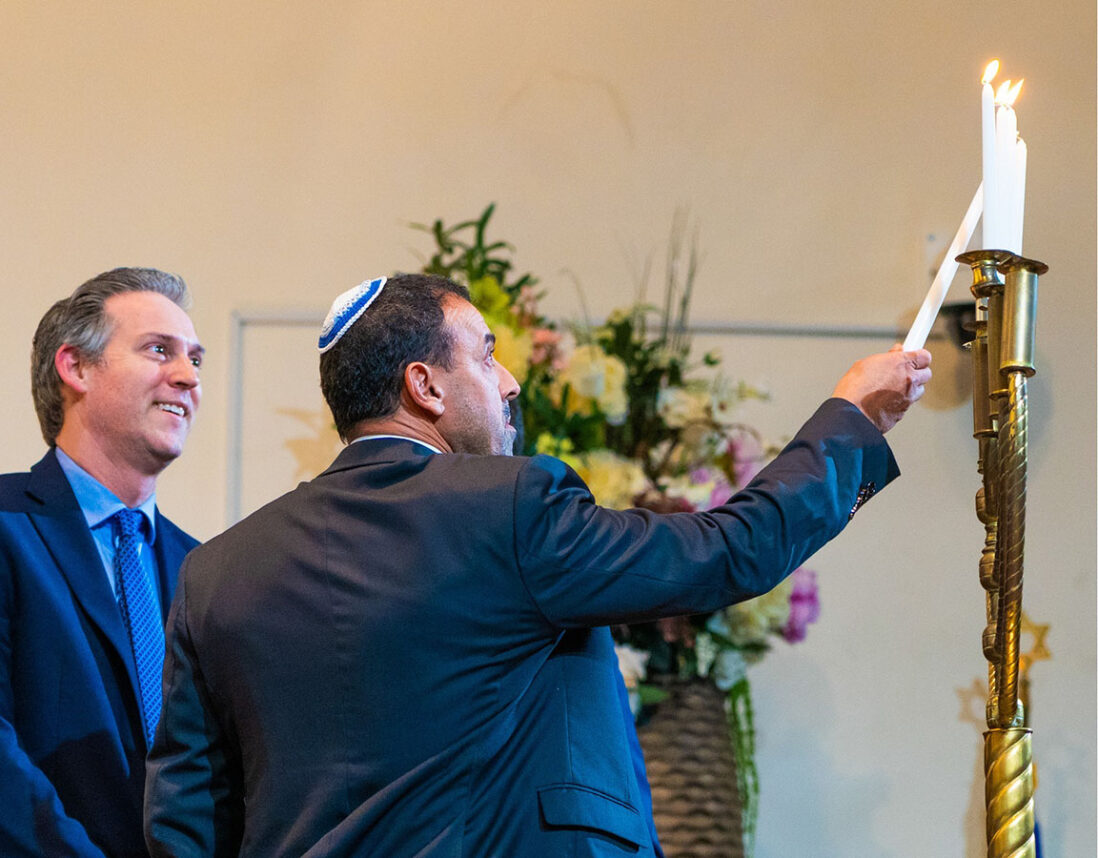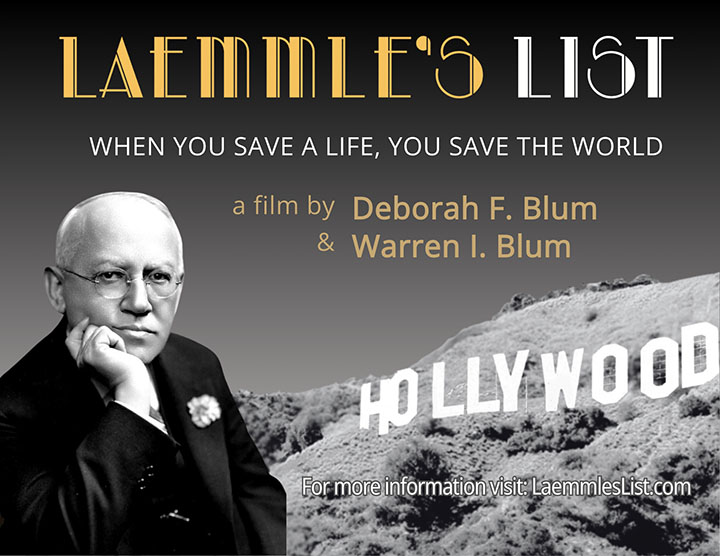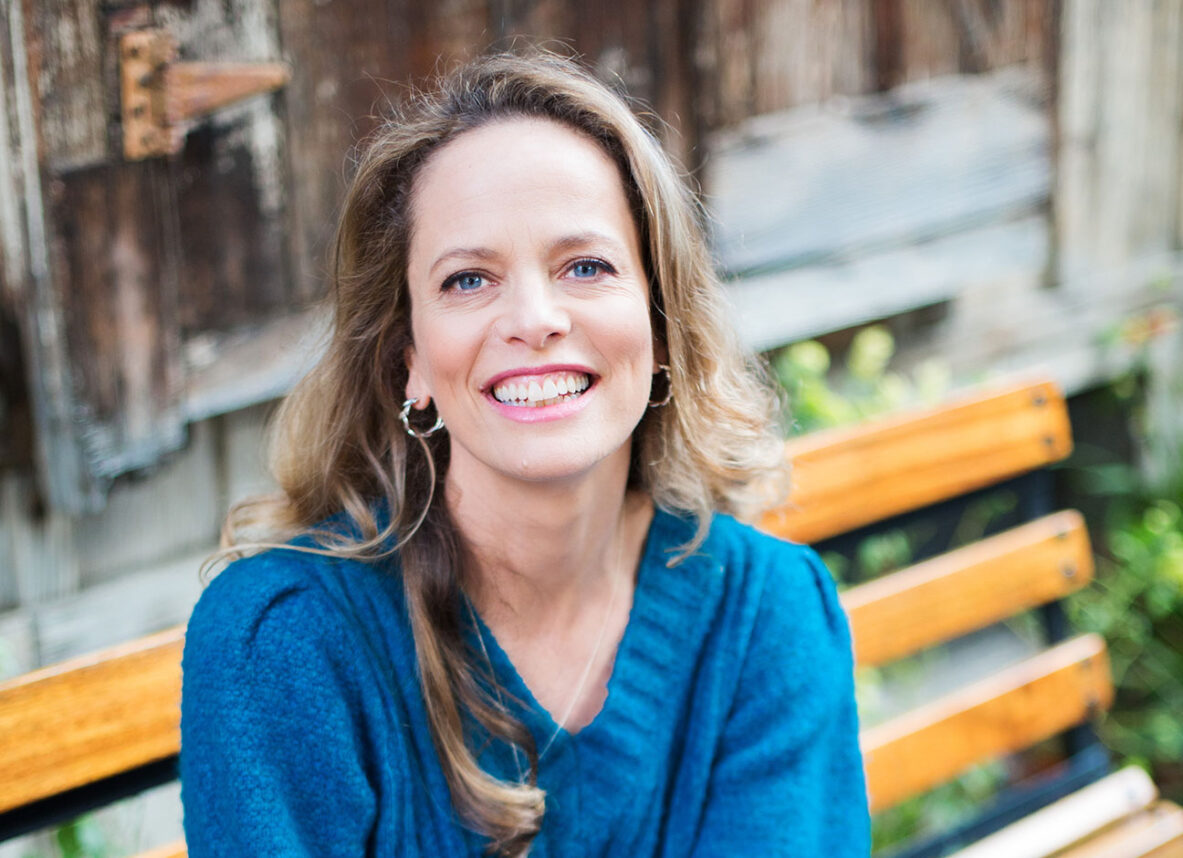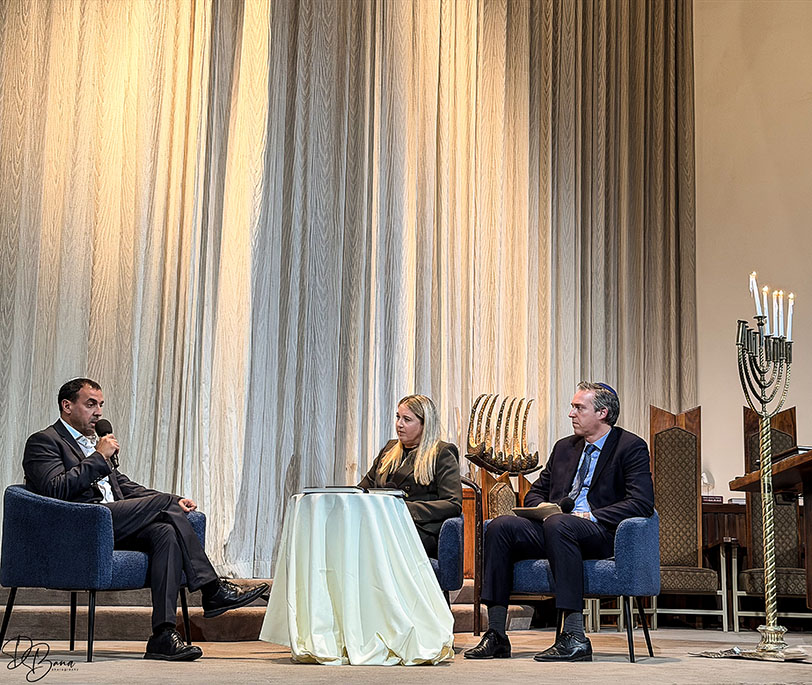
Nancy Ezer, a UCLA Hebrew instructor who taught multiple generations of language learners, died on January 31 at the age of 74. Her funeral was held on February 4 at Hillside Memorial Park and Mortuary.
Ezer is survived by her two daughters, Rona Yaeger and Tamar Ezer, as well as three grandchildren.
In the days after Ezer’s death, her former students and colleagues shared how their teacher, who had a passion for the contemporary Hebrew tongue, had touched their lives.
“Her affect was of a small woman,” Rabbi Jonathan Klein, a former student, said. “But she really was a huge person in my life.”
“She was a morah in the finest sense of the word.” – Rabbi Jonathan Klein
Ezer was a senior lecturer in modern Hebrew in the department of Near Eastern Languages and Cultures (NELC) at UCLA. Her daily duties involved teaching undergraduate language classes. She also published. In 1987, she joined the UCLA faculty, and she continued teaching until 2021, retiring after successfully transitioning to teaching over Zoom due to the pandemic.
“She was always so future-minded, always looking to computerize when others weren’t, always looking for an edge in her language training, always looking to recreate a home in exile,” Kathlyn Cooney, chair of the UCLA’s NELC department, said in a statement. “She outmaneuvered many of her colleagues in transitioning to online teaching! But most importantly, she provided a place for so many students seeking meaning in the modern Hebrew language.”
An Iraqi Jew, Ezer was born on October 16, 1947 in Baghdad and raised in Israel. In the 1980s, she enrolled at UCLA as a graduate student, working on a doctorate under Arnold Band, a professor emeritus and former director of UCLA’s Jewish Studies Center. Ezer earned a PhD in Hebrew literature, served as a teaching assistant and eventually became a lecturer.
As a member of the UCLA faculty, her colleagues included Yona Sabar, a noted Hebrew scholar and professor emeritus at UCLA’s NELC department, and Lev Hakak, also a professor emeritus as well as a PhD in modern Hebrew literature.
The influential trio worked closely together for more than three decades.
“She was somewhat strict for some students,” Sabar, who retired in 2019, said. “She didn’t make any compromises. She believed in teaching, in very rigorous teaching. Sometimes, teachers try to compromise and do soft teaching, but she did very rigorous teaching. She was very beloved by students.”
In 2007, Ezer was named a recipient of the Distinguished Teaching Award.
Ezer was health-conscious, Sabar said. She climbed the stairs in her Beverly Hills home a dozen times a day. She read and wrote literature, walked in her neighborhood and attended social events in the community.
“She seemed very strong,” Sabar said. “It was a shock to all of us.”
Klein, the spiritual leader of Temple Beth El in Bakersfield, was Ezer’s student around 1990. He described her class as “Hebrew for Hebrew’s sake,” taught from an academic viewpoint rather than a religious one.
She was tough, Klein said, but fair.
“She was not easy,” he said, “but not trying to make life hard for us either. I admired her because she spent so much time with every student, very much willing to give her time, and she cared about students themselves. She was not simply trying to do her research.”
Years after Klein had Ezer for Hebrew at UCLA, his son, a Bruin like his father, would have her, too.
“She was a morah in the finest sense of the word,” Klein said. “A real teacher.”









